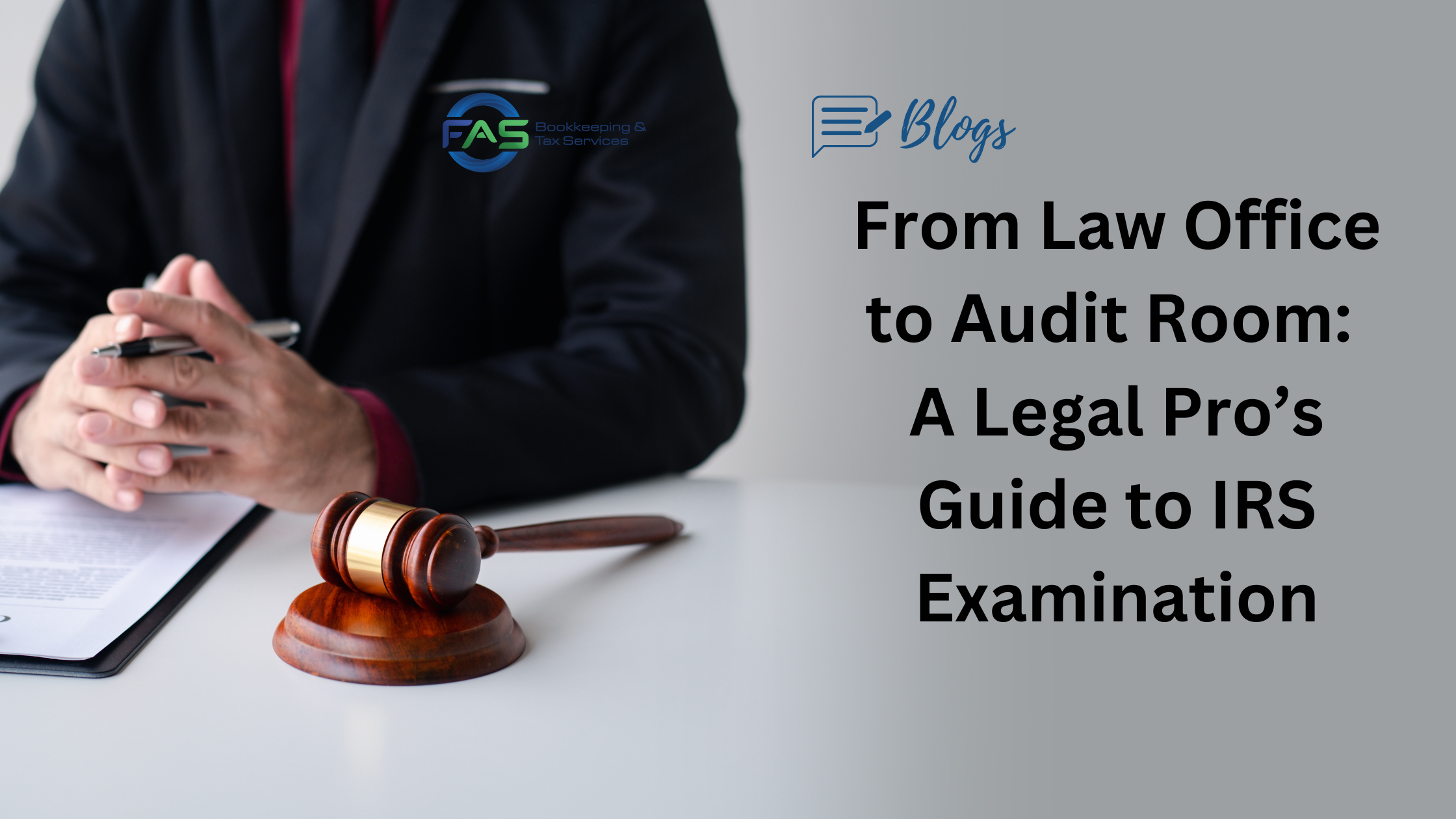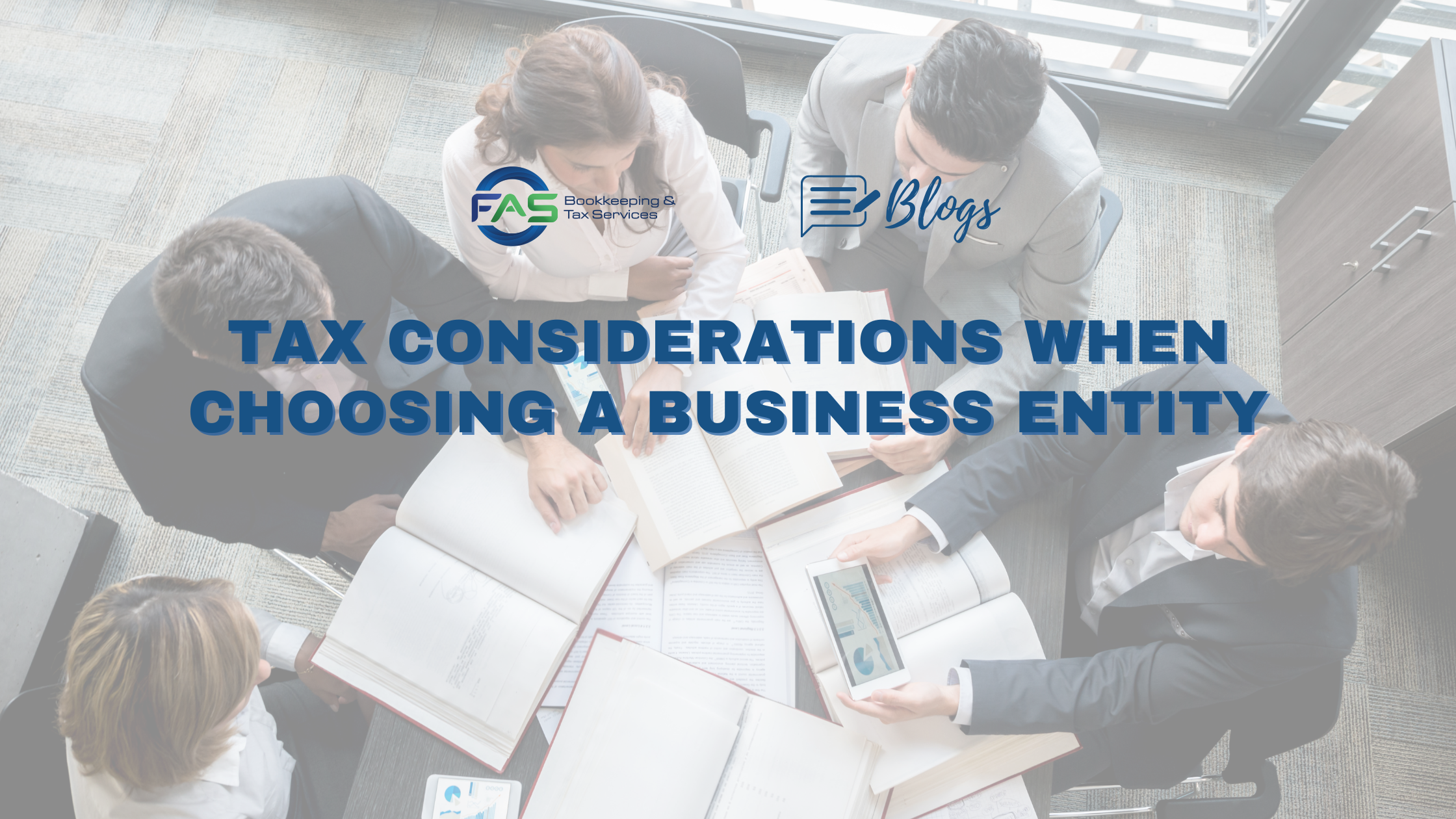Tax Considerations When Choosing a Business Entity
If you’re launching a new business or thinking about changing your current business structure, understanding the tax considerations when choosing a business entity is essential. Whether you’re debating between operating as a C corporation or opting for a pass-through entity like a partnership, limited liability company (LLC), or S corporation, the potential tax implications should be a primary factor in your decision.
Tax Treatment Basics
Currently, the corporate federal income tax is a flat 21% rate and individual federal income tax rates begin at 10% and go up to 37%. With a pass-through entity, income the business passes through to the owners is taxed at individual rates, which currently range from 10% to 37%. So, the overall rate, if you choose to organize as a C corporation, may be lower than if you operate the business as a pass-through entity.
But the difference in rates can be alleviated by the qualified business income (QBI) deduction, which is available to eligible pass-through entity owners who are individuals, and some estates and trusts.
The QBI deduction will expire Dec. 31, 2025, unless Congress acts to extend it. The 21% corporate rate is permanent, but Congress could still change it by passing new legislation.
More to Consider
There are other tax-related factors you should take into account. For example:
Will most of the business profits be distributed to the owners? If so, it may be preferable to operate as a pass-through entity because C corporation shareholders will be taxed on dividend distributions from the corporation (double taxation). Owners of a pass-through entity will be taxed only once on business income, at the personal level.
Does the business own assets that are likely to appreciate? If so, it may be better to operate as a pass-through entity because the owner’s basis is stepped up by an owner’s interest in the entity. That can result in less taxable gain for the owner when his or her interests in the entity are sold.
Is the business expected to incur tax losses for a while? If so, you may want to structure it as a pass-through entity, so that you can deduct the losses against other income. Conversely, if you have insufficient other income or the losses aren’t usable (for example, because they’re limited by the passive loss rules), it may be preferable to organize as a C corporation, because it’ll be able to offset future income with the losses.
Is the business owner subject to the alternative minimum tax (AMT)? If so, it might be better to organize as a C corporation, because only the very largest corporations are subject to corporate AMT. AMT rates on individuals are 26% or 28%.
Contemplate the Issues
Clearly, many factors are involved in determining which entity type is best for your business. This covers only a few of them. Contact the office to talk over the details in light of your situation.





